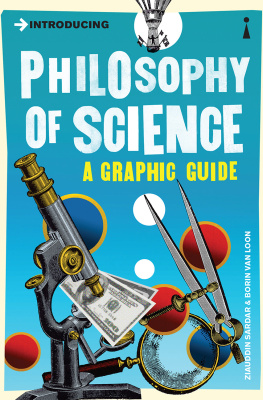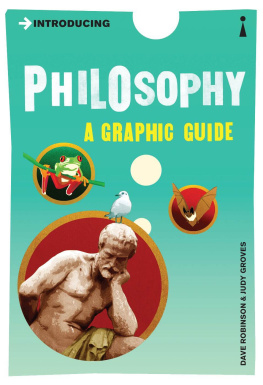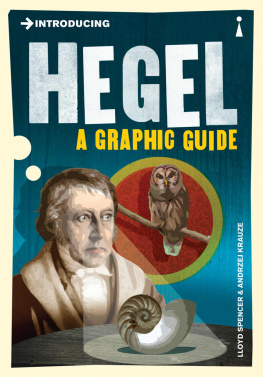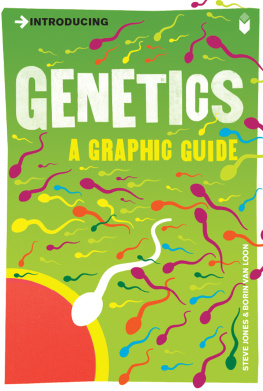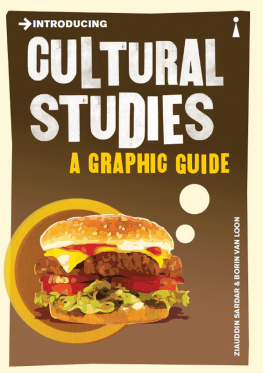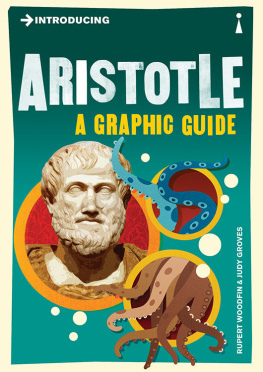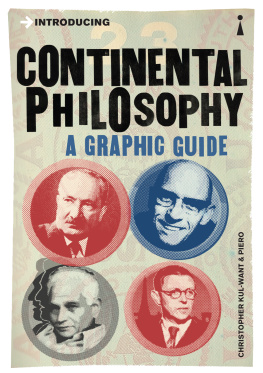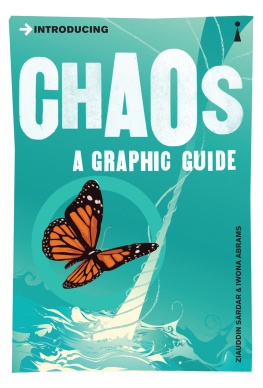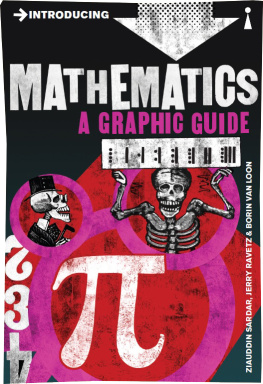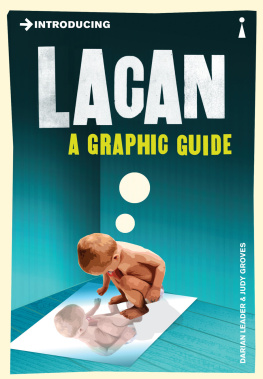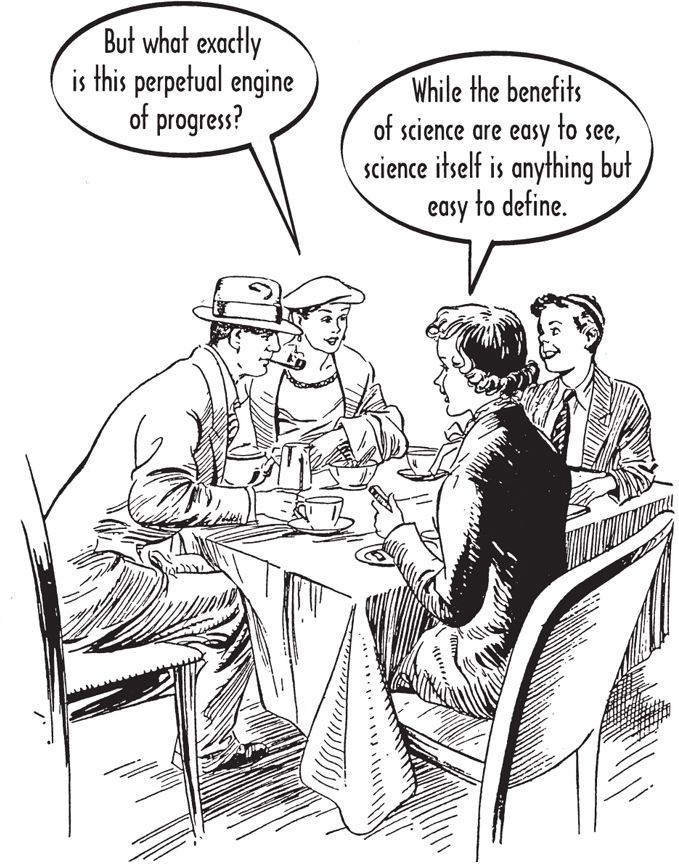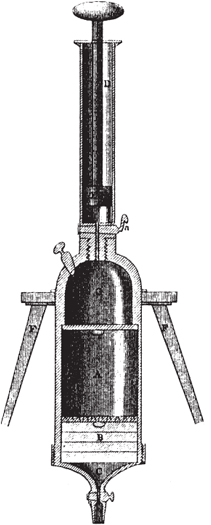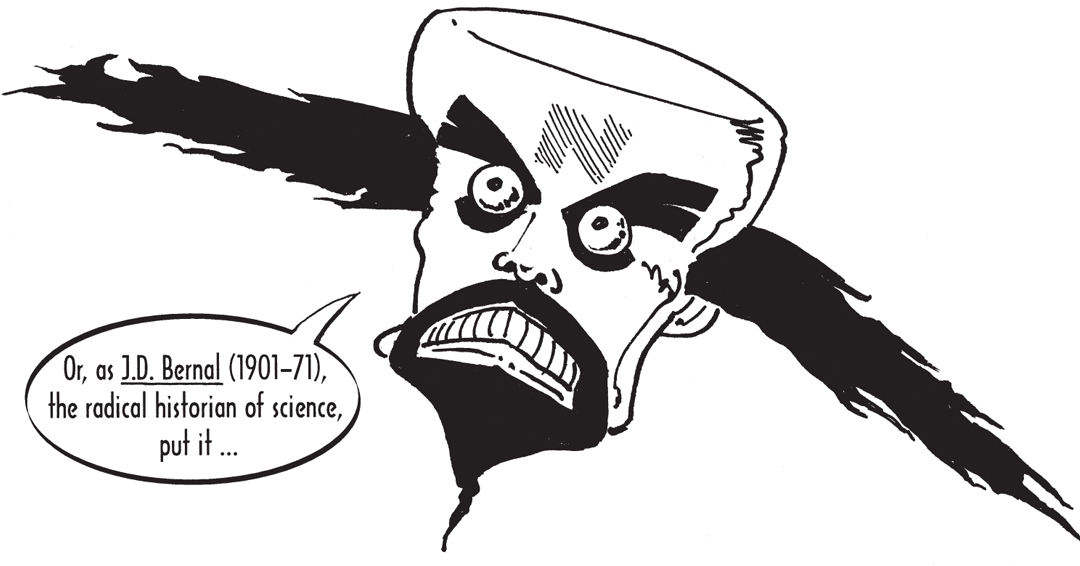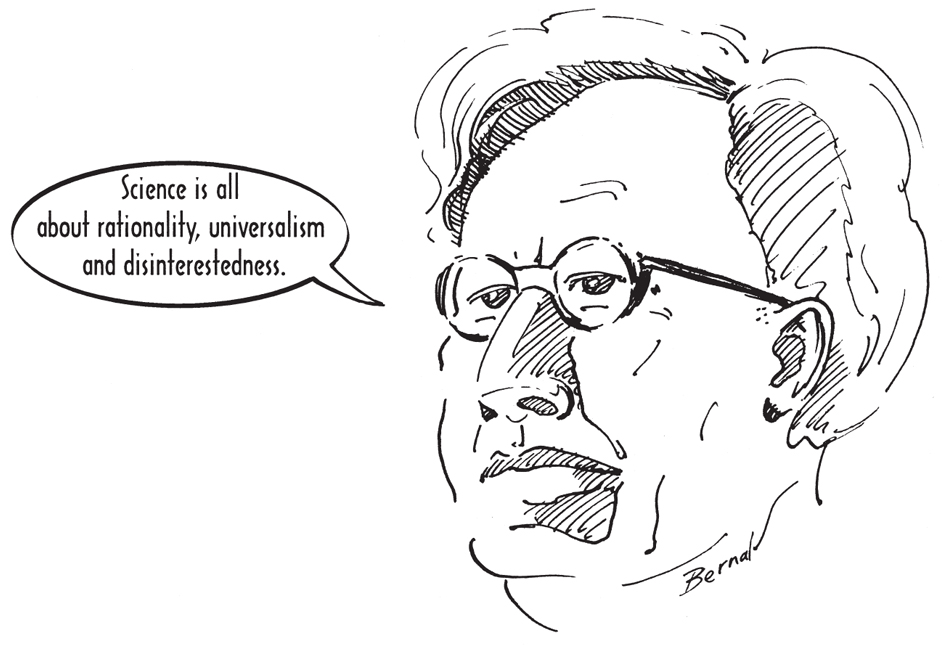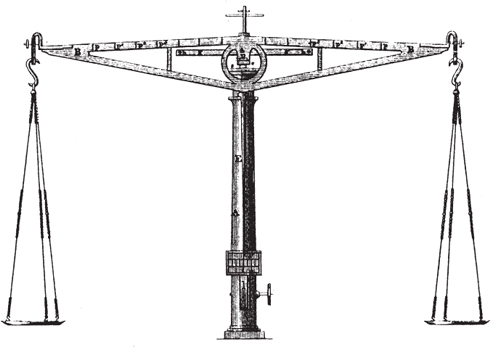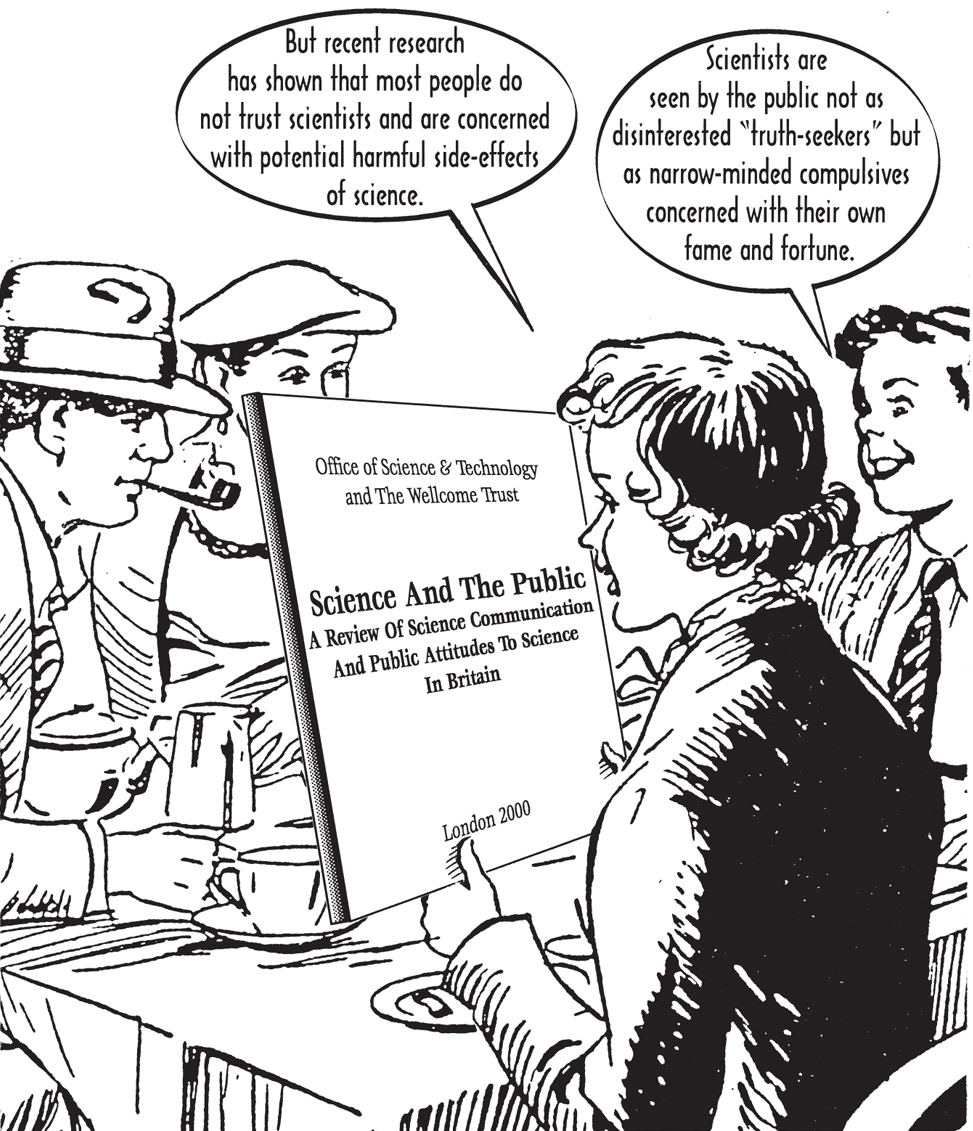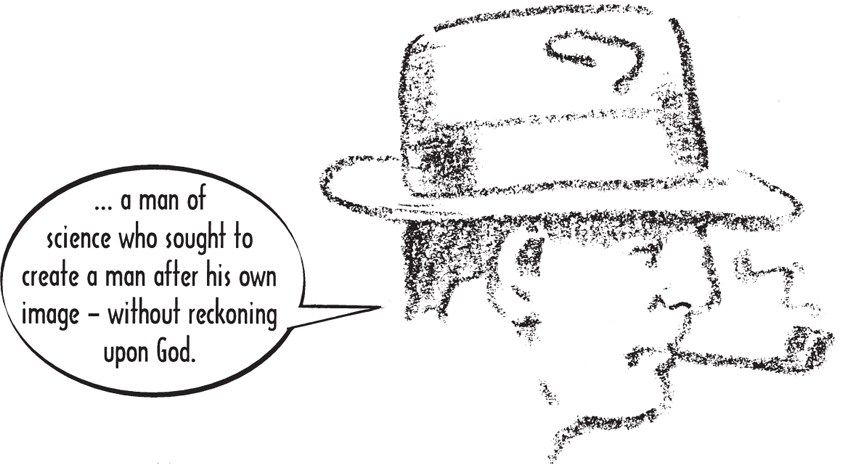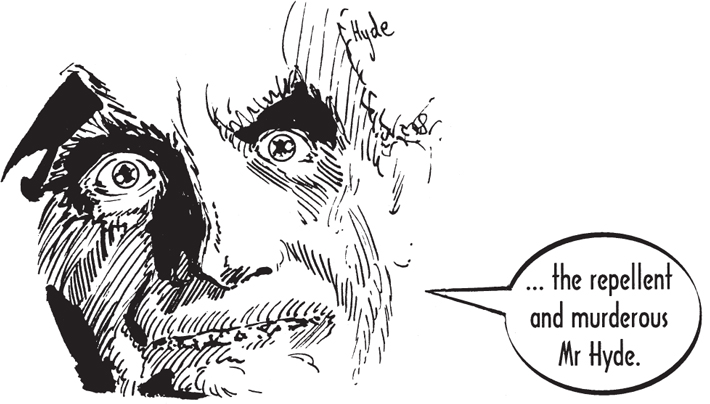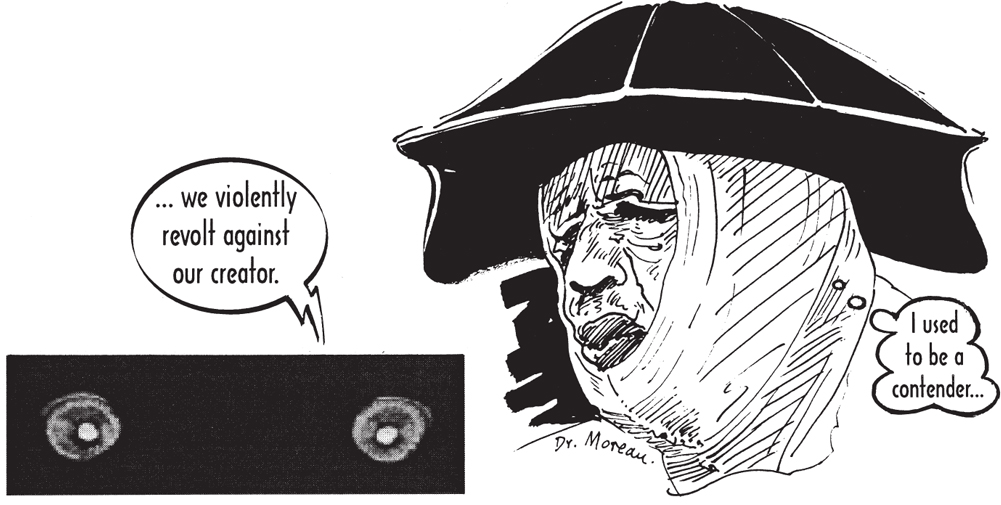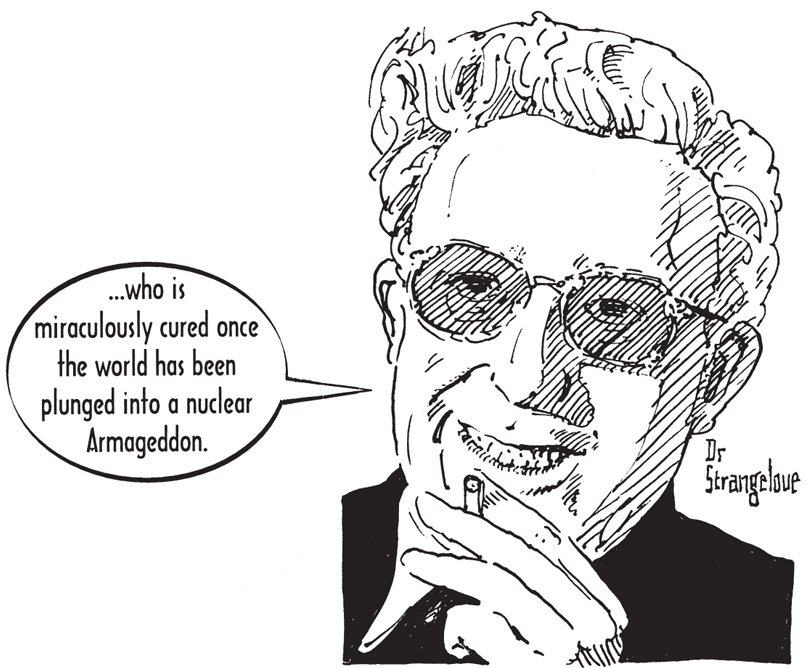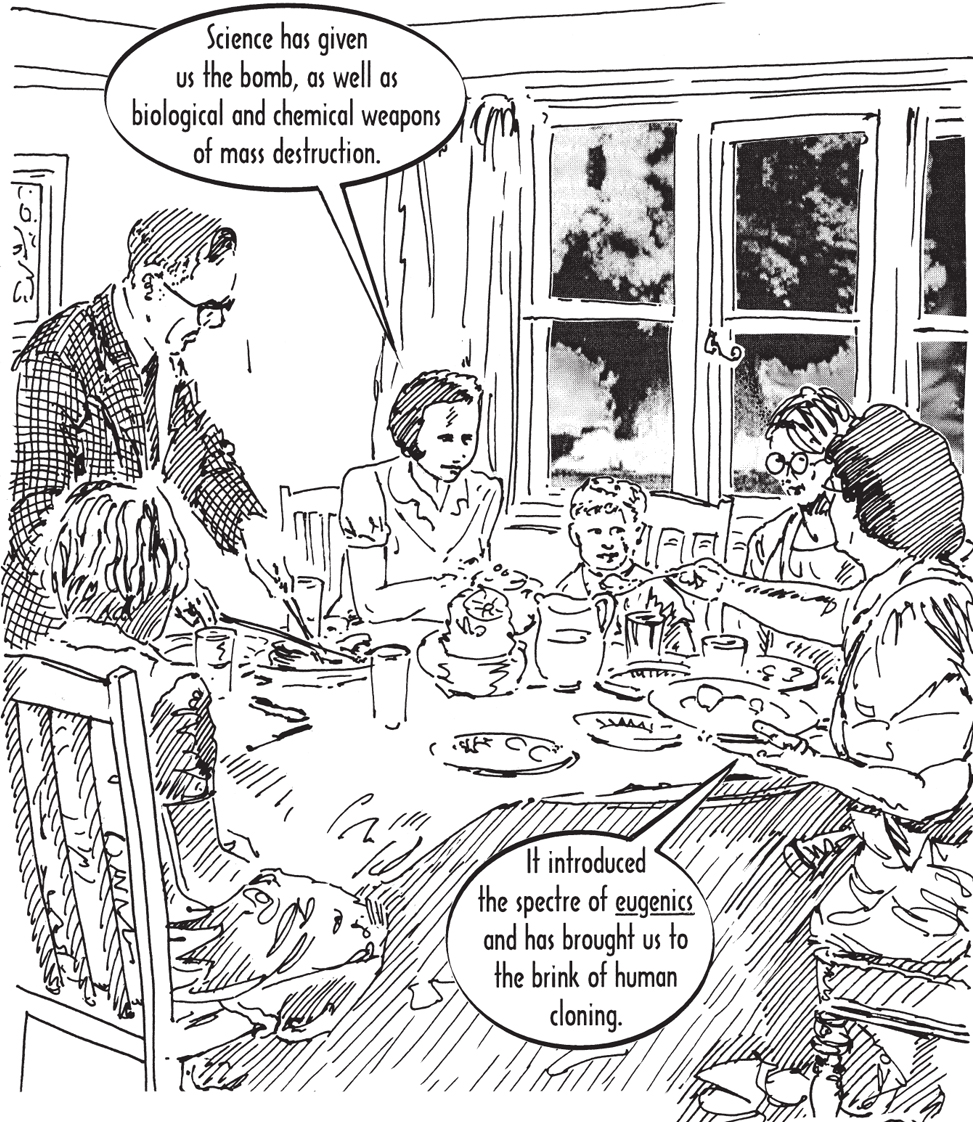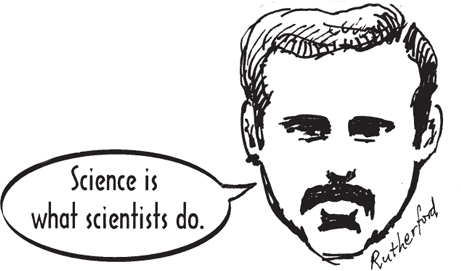Published by Icon Books Ltd, Omnibus Business Centre, 3941 North Road, London N7 9DP
Email:
www.introducingbooks.com
ISBN: 978-184831-980-6
Text copyright 2012 Icon Books Ltd
Illustrations copyright 2012 Icon Books Ltd
The author and illustrator has asserted their moral rights
Originating editor: Richard Appignanesi
No part of this book may be reproduced in any form, or by any means, without prior permission in writing from the publisher.
Contents
The Nature of the Beast
Our world is shaped and driven by science. Almost every benefit of modern life from antibiotics to computers, our understanding of human evolution to our ability to land a satellite on Saturn is a product of science. For most people, progress is simply another term for advances in scientific knowledge and benefits derived from new discoveries of science.
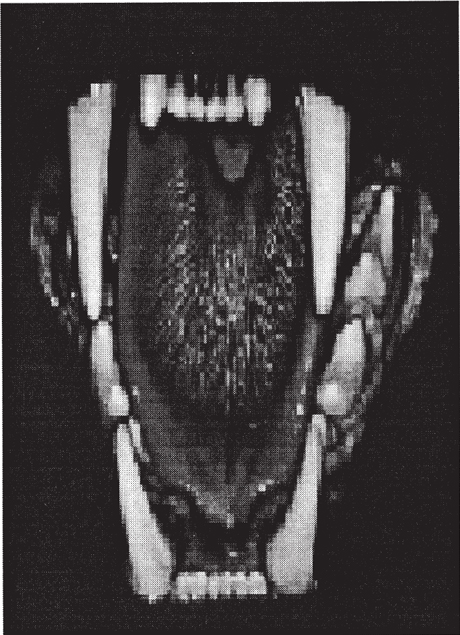
But what exactly is this perpetual engine of progress? While the benefits of science are easy to see, science itself is anything but easy to define.
Is Science Absolute Objectivity?
Until quite recently, Western tradition saw science as the quest for objective knowledge of nature and reality. Scientists were regarded as quasi-religious supermen, heroically battling against all odds to discover the truth.
And the truths they wrestled out of nature were said to be absolute objective, value-free and universal.
As one sociologist in the 1940s described it, science reflects the character of nature itself: The stars have no sentiments, the atoms no anxieties which have to be taken into account. Observation is objective with little effort on the part of the scientist to make it so.
Or, as J.D. Bernal (190171), the radical historian of science, put it
Science is all about rationality, universalism and disinterestedness.
Do We Trust Scientists?
But this picture of truth-loving and truth-seeking scientists working for the benefit of humanity is rather at odds with the public conception of science and scientists. Most people are not anti-science. We recognize the potential that science has for making our lives healthier and easier.
But recent research has shown that most people do not trust scientists and are concerned with potential harmful side-effects of science. Scientists are seen by the public not as disinterested truth-seekers but as narrow-minded compulsives concerned with their own fame and fortune.
The view of the scientists we find in popular literature and film is even more scathing.
Dr Henry Frankenstein of Mary Shelleys Frankenstein (1818) is not the monster, but
a man of science who sought to create a man after his own image without reckoning upon Gad.
In Robert Louis Stevensons Dr Jekyll and Mr Hyde (1886), Jekyll is a restless young scientist who discovers a concoction that turns him into his alter ego
the repellent and murderous and murderous Mr Hyde.
In H.G. Wells The Island of Doctor Moreau (1896), a scientist develops mutant life-forms that live in pain and misery
we violently revolt against out creator.
In the classic film Dr Strangelove (1964), the title character, played by Peter Sellers, is a paraplegic Nazi scientist
who is miraculously cured once the world has been plunged into a nuclear Armageddon.
The Boys from Brazil (1978) shows scientists as evil Nazis hell-bent on recreating a race of Hitlers.
In Batman and Robin (1997), both villains are scientists:
the evil Mr Freeze and the misguided Miss Poison Ivy.
Why do the popular perceptions of science and scientists differ so radically from the scientists own self-image as brilliant pioneers deserving of admiration, funding and blind trust? Perhaps because, apart from bringing benefits, science has also posed serious threats to humanity.
Science has given us the bomb, as well as biological and chemical weapons of mass destruction. It introduced the spectre of eugenics and has brought us to the brink of human cloning.
The by-products of science, such as nuclear waste and chemical pollution, are destroying ecosystems on local, regional and global scales. So, science brings us benefits as well as costs. Perhaps it was in an effort to present a more deflated image of science that the Nobel Prize physicist Lord Rutherford (18711937) said:
Science is what scientists do.
What Do Scientists Actually Do?
Here are some examples of the negative things that scientists actually do, as reported by the media.

